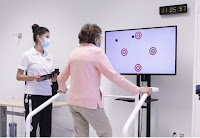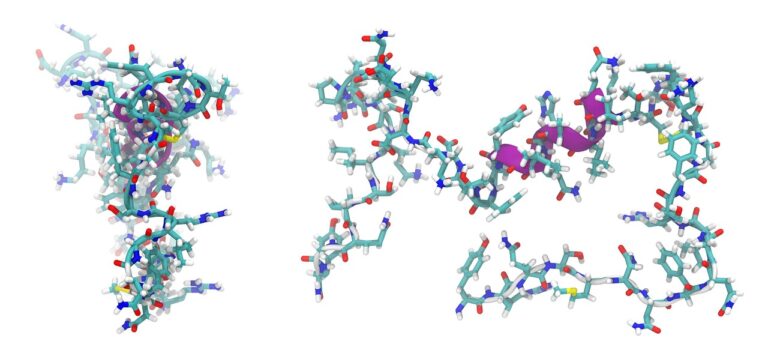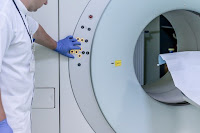
Clutter Can Be Helpful in Dementia
Researchers have found that a clutter-free environment may not be helpful to people with dementia — in fact, people with moderate dementia appeared to do better when surrounded by their usual clutter. Learn more.

Researchers have found that a clutter-free environment may not be helpful to people with dementia — in fact, people with moderate dementia appeared to do better when surrounded by their usual clutter. Learn more.

An international team of researchers finds that cognitive motor training helps fight Alzheimer’s and dementia, using a fitness game to show that cognitive motor training improves both cognitive and physical skills in people with significant dementia. Find out more.

Eli Lilly Company’s TRAILBLAZER-ALZ 2 Phase 3 study shows that donanemab significantly slowed cognitive and functional decline in people with early symptomatic Alzheimer’s disease. Learn more.

Researchers know that some elderly patients have problems with cognitive function for weeks, sometimes months, following surgical procedures. Find out what the research reveals about this connection.

Researchers in Canada find that listening to one’s favorite music, or to music that is personally significant, leads to improvement in the integrity of the brain.

A regular afternoon nap seemed to be associated with better cognitive performance in a study of healthy seniors living in China.

A new peptide may hold potential as an Alzheimer’s treatment
Researchers say the CDK5 Blocker peptide blocks a hyperactive brain enzyme that contributes to the neurodegeneration seen in Alzheimer’s and other diseases.

Spend time with Alzheimer’s patients and you quickly learn, “If you met one person with Alzheimer’s, you met one person with Alzheimer’s.” Each patient’s journey is unique. Researchers have uncovered one reason why: Memories are like fingerprints. Learn how the brain creates “memory fingerprints” and how this may lead to new, better Alzheimer’s treatments.

Immune cells work to remove toxic compounds that build up in the brain, including amyloid beta plaques associated with Alzheimer’s, according to a mouse study funded by the National Institutes of Health.

What if prevention of Alzheimer’s were as simple as controlling your breathing? Researchers at the University of California are exploring this question.
When You Forget Song by Kane Brown ‧ 2025 When You Forget Kane Brown The High Road Lyrics I walked in the room and looked

China has 17 million people with Alzheimer’s, the most in the world. See their first Alzheimer’s care village, spanning 43,000 square metres — or six football fields — amid greenery, lakes and the backdrop of the famous Qinling mountains. Lauren Ong reports.

Bill Gates says, “I am blown away by how much we have learned about Alzheimer’s disease over the last couple years.” See his compelling video and insight-filled blog post.

SHORT-TERM MEMORY lapses are obvious signs of Alzheimer’s, but other tell-tale signals begin to show much earlier. Learn how to look for semantic impairments, such as simple questions about size.

Three important dementia studies focus on HS-AGING, a type of dementia almost as common as Alzheimer’s in the 85+ group. Yet few people have heard of it. Why? What makes it different?

An intriguing study of 120 grandmothers might surprise you. Doctors know socially engaged people have better cognition and less dementia. But can a person get too much of a good thing? What’s the right balance?

Enjoy this great duet between a musician with dementia and his son. A triumph of spirit over Alzheimer’s! Sing-a-long if you like!
No spam, only news and updates.


